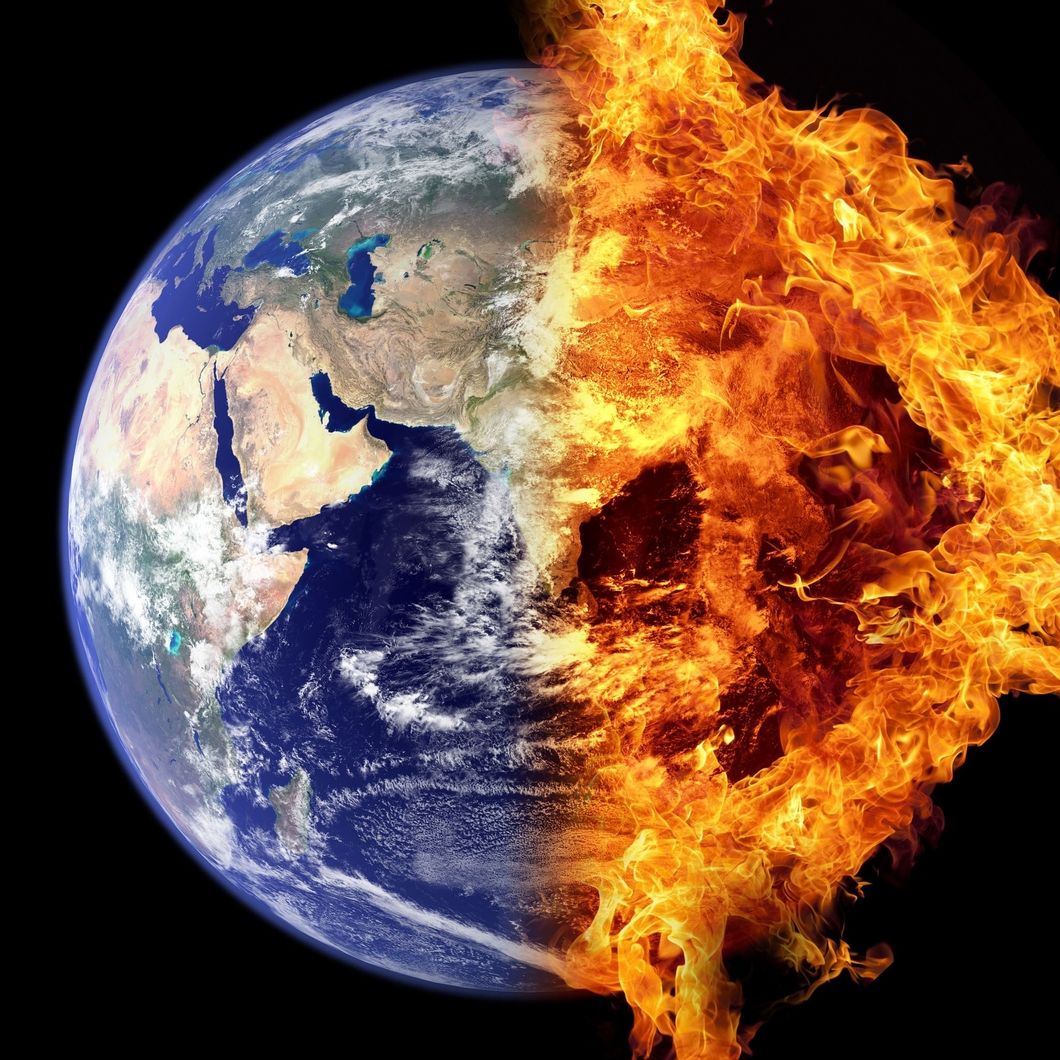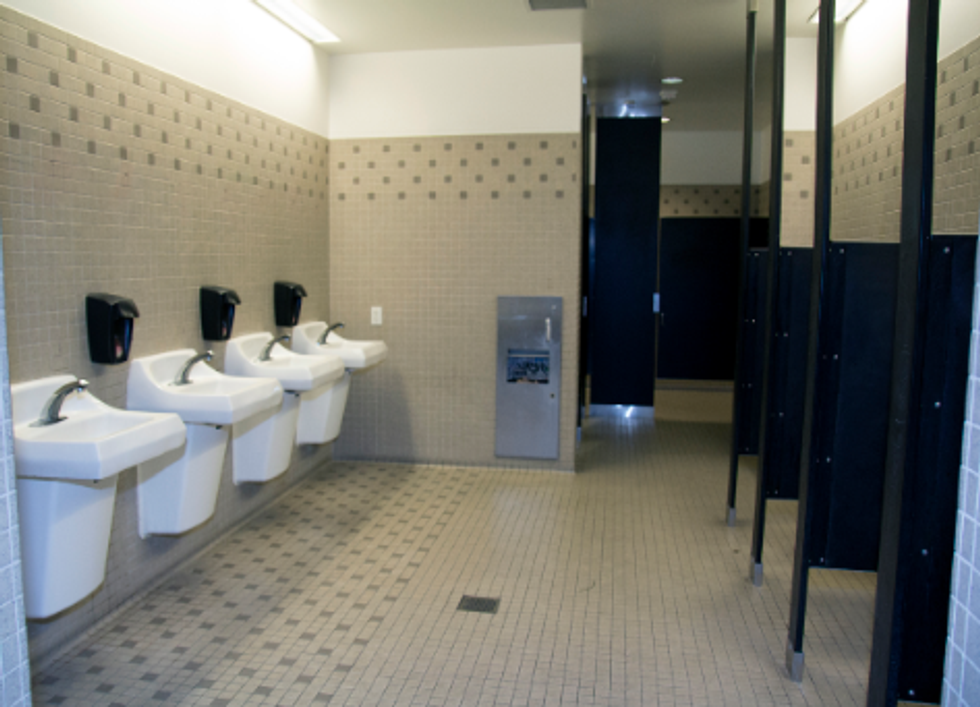Scientists in the Mauna Loa Observatory in Hawaii have just made a very shocking discovery. It is an organization that is known for releasing daily CO2 rates in the atmosphere, made up of a group from the National Oceanic and Atmospheric Administration. On may 12th they tweeted out what the CO2 rates in the atmosphere are, and it shocked the environmental community. The .measure of CO2 in the atmosphere was found to currently be over 415 parts per million (ppm).
To put this into perspective, levels haven't been this high in the past 800,000 years... Why is this so startling? There is no end in sight.
The levels continue to rapidly rise as humans continue to advance and adapt. In March 1958 the same observatory in Hawaii recorded levels of 313ppm; a number significantly lower. Why is all of this so bad you may ask? An increase in greenhouse gasses in the atmosphere has a direct correlation with increased atmospheric temperatures. Our current CO2 levels are getting close to what they were during the mid-Pliocene epoch nearly two million years ago.
During this time the atmosphere was nearly 2-3 degrees Celsius hotter than normal, which had devastating effects on the planet. If our atmosphere were to even raise just 2 degrees Celcius life as we know it would change forever. The arctic will and its ice will melt causing devastating floods to thousands of cities, deadly heat waves and fires will become more frequent, and our livestock and animals would suffer a serious blow due to loss of land and resources. As you can see, just two degrees Celsius can cause a near doomsday-like scenario.
So... will it happen? Well, if we continue to put greenhouse gases into the atmosphere at our current rate, scientists predict we are currently on track to exceed 1.5C of warming between 2030 and 2052, and by 3C by the end of the century. This sounds terrifying, however, we as humans have the power to make a change. If the world powers join together and recognize this issue as a potentially catastrophic event, things will change. Not only that, everyone must do a better job of trying to reduce their daily CO2 emissions. It is important that we realize how serious of an issue this potentially is before we can do anything. Not just us here at Rutgers. But for us as a planet.











 Photo by
Photo by 




